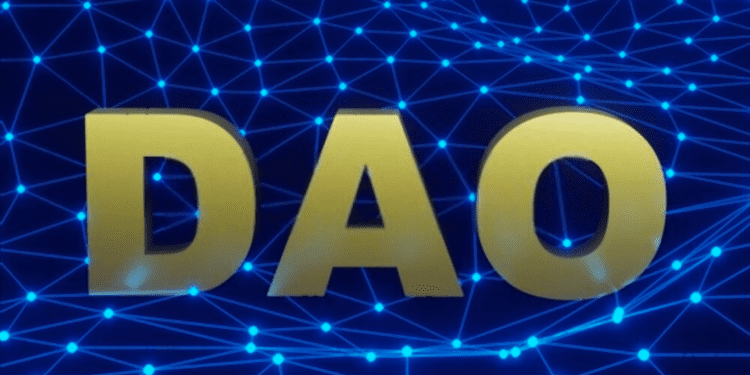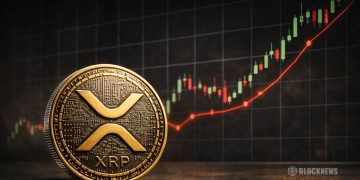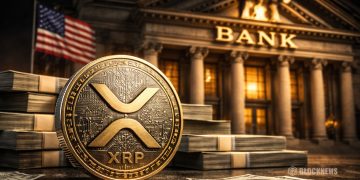The birth of blockchain technology has given rise to many independent structures, all tasked with ensuring the smooth functioning of blockchain ecosystems, activities of coin owners, and their communities.
Trusting in the sense of solidarity and a general desire to perform excellently in the blockchain universe, DAOs (Decentralized Autonomous Organisations) were created to maintain and manage the resources in an entity.
What Is A DAO?
As its name spells, DAO is a decentralized autonomous organization that focuses on an entity’s collective activities and growth through user votes and codes written in a smart contract.
DAO is a form of legal representation in the crypto world; it has the job description of a board of directors or a CEO. However, unlike these two, it does not limit the decision-making powers to a single body or a small number of people; instead, a large number of token holders.
DAOs include members who own shares of a token and have similar goals concerning the growth and development of the entity. DAOs enable community building among people, giving them the leverage to collectively make decisions about an entity, albeit making all decisions and votes publicly accessible to discourage rogue ideas from the coin holders.
One of the main traits of digital currency is that it is decentralized. Therefore, authority is split among numerous nodes, computers, and networks. The reason for Decentralized Autonomous Organisations is to remove the need for a central governing body in the management and running of digital currencies by placing the powers in the hands of the token owners.
How Does The DAO Work?
DAOs rely on smart contracts, and whatever actions are taken by the DAO must be in line with the codes programmed in the smart contracts. This means that smart contracts authorize the decision-making of the DAO based on activities underlying a blockchain.
The voting authority is given based on the number of DAO tokens each user has; if a user has 1000 tokens, then their voting power is above the other user with 500 tokens. This is to encourage users to be financially invested in acting based on their morale, as negative actions taken in the DAO might result in the user losing their ownership and voting rights in the DAO.
Types Of DAOs
To better understand Decentralized Autonomous Organisations, the need for decentralized governance, and how they function, there are several types of DAOs formed with a singular objective; here are the types of DAOs:
Collector DAOs
One of the common reasons why DAOs are created is the general love for collectibles and NFTs. DAO collectors pool funds, saving it so the community can own digital collectibles or a blue-chip NFT. This isn’t unusual, given the rise and need for NFTs in the growing world of web3.
Protocol DAOs
Protocol DAOs emphasize the governance of decentralized policies. Automated Market Maker DAOs use smart contract protocols to provide DeFi (Decentralized Financing) services like leasing decentralized exchanges or applications. Examples of Protocol DAOs are Uniswap and MakerDAO.
Investment DAOs
They provide opportunities for a wide range of usage scenarios, like almost all DAOs properties. Investing for the benefit of the organization is expected. However, token holders can only make decisions concerning projects for investments. They pool funds for investments in blockchain projects.
Benefits of DAOs
DAOs are effective in many ways, from strengthening the bonds of solidarity to helping achieve goals that can’t be made alone. Here are a few benefits of DAOs:
- Diverse and Inclusive: Decentralized Autonomous Organisations have no restrictions about who can join the organization. It builds a sense of community among the DAO members sharing the same goals, albeit from different aspects of the world.
- Decentralization: Every decision made is by the collective token holders in a DAO as opposed to the centralized finance whereby only a select few or a single body is given the power to make decisions regarding the organization.
- Publicity: All votes cast by each member of a DAO are publicly posted on the blockchain, allowing room for transparency and cautioning any member from engaging in malicious acts.
Conclusion
DAO (Decentralized Autonomous Organization) is a way of giving power to the token holders in an entity. They are one of the essential highlights in operation since the evolution of web3 and blockchain technology. They operate by following the codes written in a smart contract.














